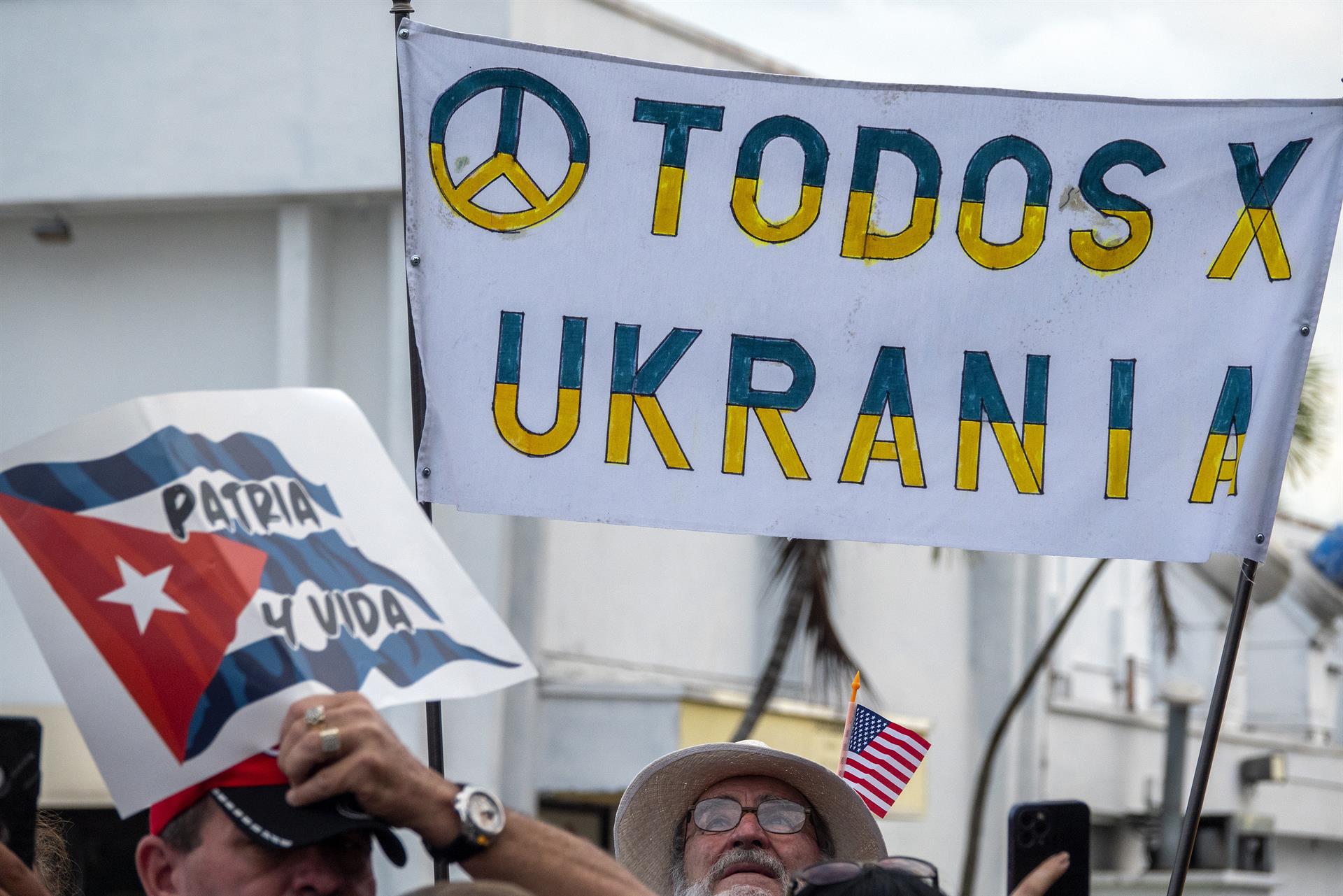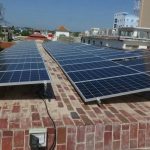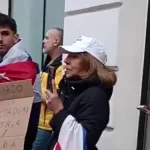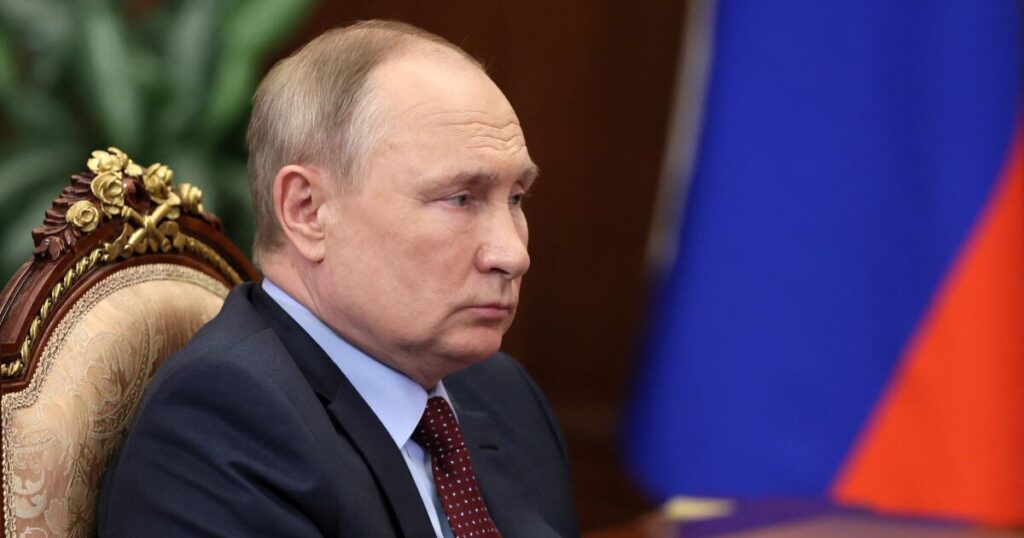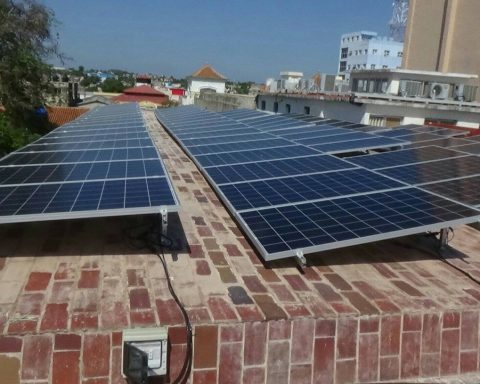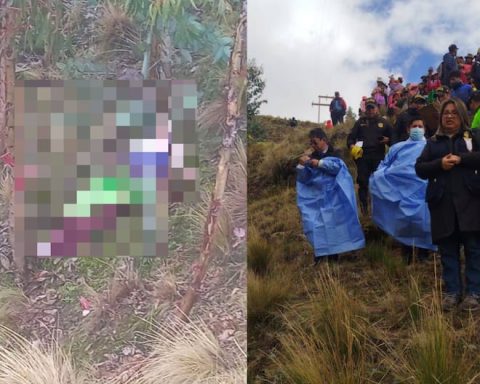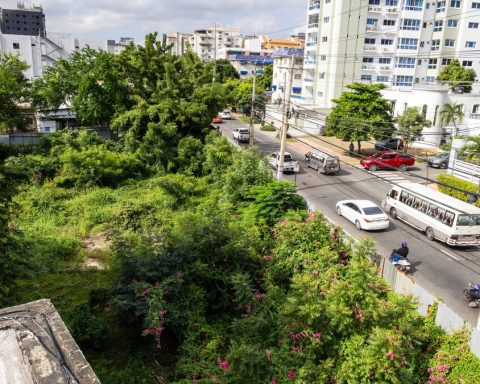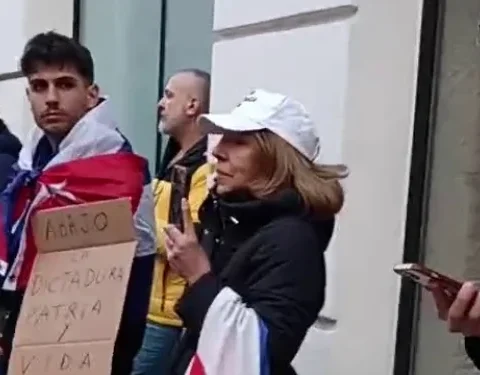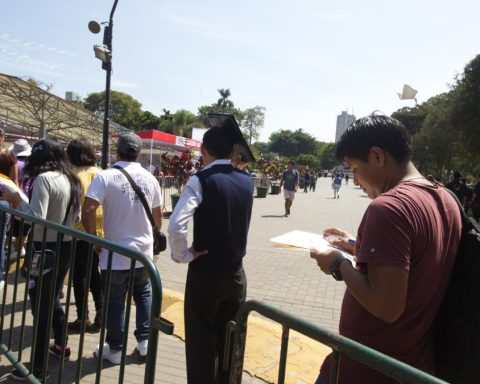An eventual military victory of the Red Army in its invasion of Ukraine will affect the influence that Moscow may have in Latin America, warned Ryan Berg, a researcher with the Americas Program at the Center for Strategic International Studies (CSIS).
The specialist pointed out in an interview on the program Tonight-which is broadcast on Facebook and YouTube due to the regime’s censorship- that if Russian military operations culminate in the occupation and subjugation of Ukraine, the Kremlin would bet on increasing its political and even military presence in Latin America through its partners in the region, Cuba, Venezuela and Nicaragua.
In Nicaragua, the regime of Daniel Ortega has made clear its position in favor of aggression against Ukraine, in complete alignment with Moscow. In the United Nations session that addressed the crisis in Ukraine, Nicaragua was one of the 37 countries that refrained from condemning Russian military operations.
The Ukrainian resistance is holding strong, but at the same time Russia is threatening a full-scale military attack, surrounding major cities. What is the prospect of this war? Is there any possibility of a political solution that stops a tragedy?
I see, unfortunately, very difficult days for the Ukrainians. I imagine the Russians are very confused and angry about their plans for war. President (Vladimir) Putin had a plan of a blitzkrieg (blitzkrieg) and it hasn’t happened. In this next phase of the invasion, I imagine that they are going to bomb the cities and we are going to see a lot of destruction and a lot of lives at risk.
Some European countries, including Germany and the Nordics, are supporting the Ukrainian resistance with weapons, especially anti-tank weapons. What is the ultimate purpose? Stop the invasion or support a resistance against a long-term military occupation?
The military equipment is for the Ukrainian resistance at the moment. because President (Volodimir) Zelensky said that the resistance needs more equipment, money and weapons. I imagine that it is for the moment, not for a guerrilla resistance after a defeat.
Russia’s isolation was confirmed at the United Nations with the invasion of Ukraine. 141 countries condemned the invasion. Five supported it, including Russia, and 37 abstained. But Russia has not stopped in the face of diplomatic pressure. What prospects can the talks between Russia and Ukraine have in the coming days?
I don’t see a way (back) unfortunately. President Putin has in his mind the idea of Great Russia, with the Ukraine annexed. I don’t see a diplomatic path, because his goal with this invasion is the total conquest of Ukraine. Also, in the history of Russia, with the defeats in the wars, there are always revolutions in Russia and of course President Putin knows the history of the country from him.
President Joe Biden said in his State of the Union address that Putin “doesn’t know what’s coming,” referring to economic and political sanctions, which some are calling “unprecedented.” What can be the real impact of these sanctions on Russia?
What we have seen now is a downturn in the Russian economy. But I wanted to see more, in terms of more countries in this sanctions architecture against Russia. Specifically, Latin American countries. I don’t see a reaction, a firm enough position with this war. Of course, we have Cuba, Venezuela and Nicaragua that maintain very strong ties with Putin. But we have also seen Brazil, Mexico and Argentina, which in my opinion missed an opportunity to take the lead. This is a very black and white situation. It is an unprovoked invasion that goes against international law.
Can Russia evade economic sanctions, with the support of some allies, such as China, or is China playing to its own economic and geopolitical interests?
The Chinese are always playing their own interests in the world. In this situation I see a bit of distance between Putin and Xi Jinping. I imagine that in Beijing there is a bit of discomfort with the war, because what Xi Jinping sees is the countries of the free world; United States, European Union, Australia, Asian countries, together against Russia. They are thinking about their strategic position and they are seeing that this is a disaster. There is a thought about Taiwan; what would happen in a very similar situation with Taiwan. I imagine that there is a thought about the alliance with Russia, because this is a disaster in strategic terms for the Chinese.
But these sanctions may have some internal impact on Russia, favoring dissent. What is the political calculation?
We have seen massive demonstrations in Russia in recent days. I think there will be more repression in the coming days. There are no independent newspapers. The strategy, in my opinion, is to give Russian citizens an opportunity to go to the streets to protest against this action against a sister state, with a long history with Russia. Many Russians have families in Ukraine, they have roots. There is a possibility of demonstrations and a bit of instability for President Putin. There is little panic in Moscow about this operation and the strong resistance of the Ukrainians.
What kind of impact could these international sanctions have on Putin’s allies in Latin America, such as Cuba, Nicaragua and Venezuela?
The sanctions will impact Venezuela, Nicaragua and Cuba due to their strong ties with Russia, mainly with banks and military ties. An example, PDVSA, the Venezuelan state oil company, has a bank in Moscow. Now there is a sanction against this bank in Moscow and there is no opportunity to move money between Moscow banks because of the sanctions. So, if there is an impact in Latin America as well.
How do you assess Russia’s announcement to strengthen its technical and military cooperation with Cuba, Venezuela and Nicaragua? They have even spoken of possible military emplacements. Is this a political provocation, or a threat to the United States?
I think it is a threat. The Russians always have a strong connection between Latin America and their aggressions in Europe in their military strategy. We saw this with regard to Georgia in 2008, that there were several Russian visits to the region before that conflict. There were also several visits before the invasion of Crimea in 2014. So there is clearly a connection between the region and the actions of the Russians in Europe. Latin America offers an opportunity to increase or take advantage of a little of its presence. So, in the future, if Russia is successful with its invasion of Ukraine, it is possible that there will be more troops in Latin America, so that they can influence to change the sanctions and the economic pressures against Russia. There may be presence of troops and military equipment for Venezuela, Nicaragua or Cuba, for example.
Can we then go back to a situation like the Cuban missile crisis in the 1960s?
Exactly. It is a very strong link between Latin America and Russia’s aggression in Europe throughout history.
